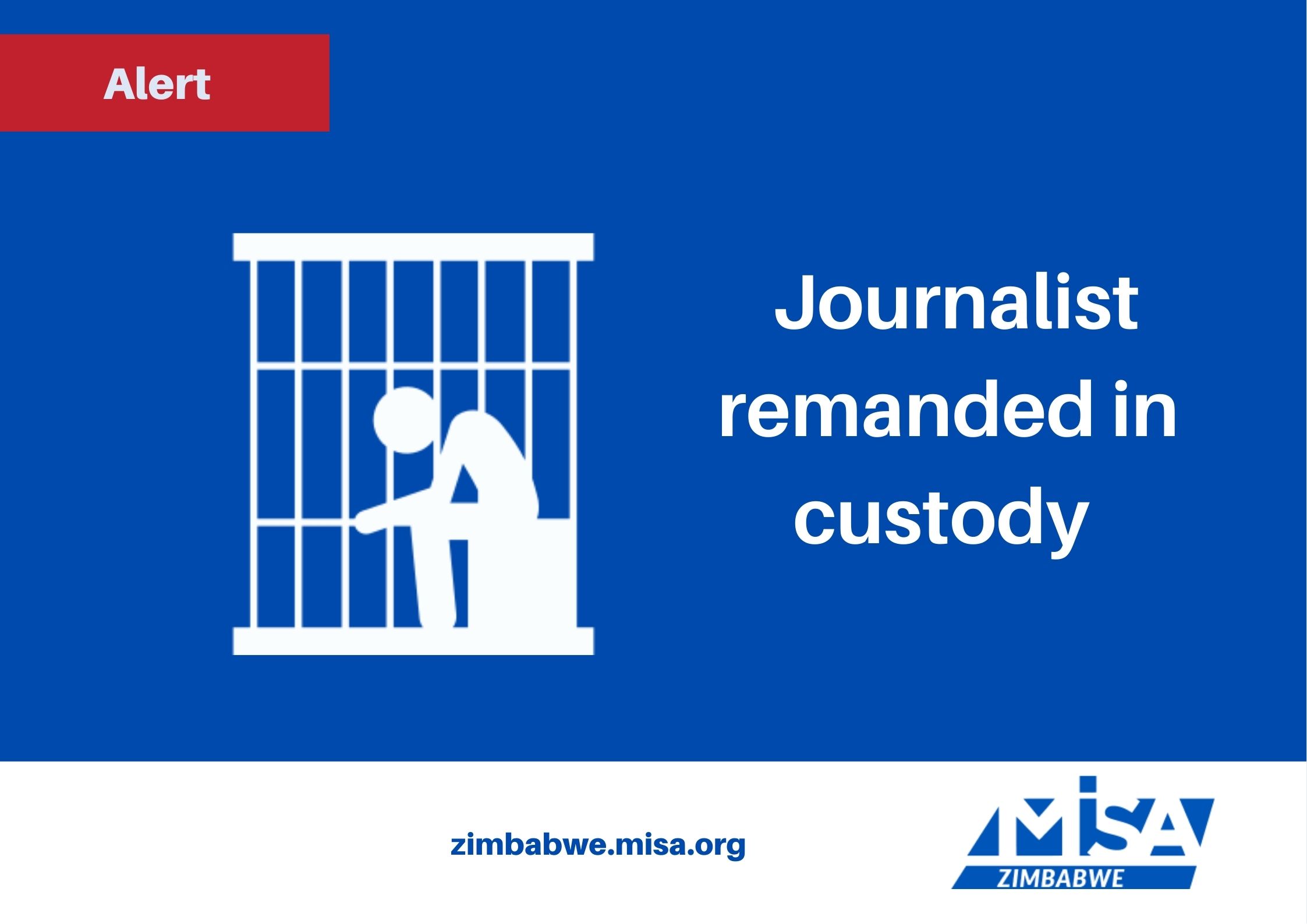30 October 2021
Cresta Lodge Msasa
Harare, Zimbabwe
We, the delegates to the MISA Zimbabwe facilitated Stakeholders Indaba on Media Law and Policy Reforms held on 30 October 2021 in Harare, Zimbabwe;
Having debated and deliberated on the national importance of media law and policy reforms in Zimbabwe;
Informed by deliberations on the state of media law and policy reforms as well as the updates on the process, policy pronouncements, requisite model laws, constitutional provisions on the same, including regional and international best practices;
Noting the progress made through the enactment of the Freedom of Information Act (FOIA);
Noting with great concern, the quest to entrench statutory regulation in Zimbabwe;
Concerned with the ravaging effects of COVID-19 on media sustainability and development;
Cognisant of the fact that our Constitution specifically recognises the right of all Zimbabweans to freedom of expression, media freedom, access to information and the right to privacy, among other fundamental rights enshrined in the Bill of Rights:
We hereby made the following resolutions:
- Regulation of the media
- Government should allow the industry to self-regulate.
- The industry is committed to the agreed compromise position of co-regulation, wherein the industry is the primary regulatory body while the constitutional Zimbabwe Media Commission serves as an appellant body.
- Government should take into consideration the Draft Zimbabwe Media Practitioners Bill that was developed by the media industry after wide consultations with journalists in all the country’s 10 provinces.
- That any attempts towards the entrenchment of statutory regulation in Zimbabwe will not be accepted by the industry.
- Law Reforms
- Government should move with speed in its consultations and subsequent gazetting of the Broadcasting Services Act Amendment Bill.
- That laws such as the proposed Cyber and Data Protection Bill which passed through parliament and awaits the President’s assent is in compliance with the African Commission on Human and Peoples Rights (ACHPR) Revised Declaration of Principles on Freedom of Expression and Access to Information. The Declaration recognises the internet as a fundamental human right.
- That the government should revisit its Information and Media Panel of Inquiry (IMPI) report and its recommendations towards implementation of far-reaching policy and law reforms.
- Media Sustainability
The media is one of the industries most affected by the COVID-19 pandemic, hence the government should consider the following interventions:
- Merging the various fragmented pockets of media development funds and establish a media development revolving fund to re-inject capital into the struggling industry.
- Consider tax breaks and moratoriums for a given period of time to allow the industry to recover.
- Ensure transparency on the current state of the Media Development Fund.













